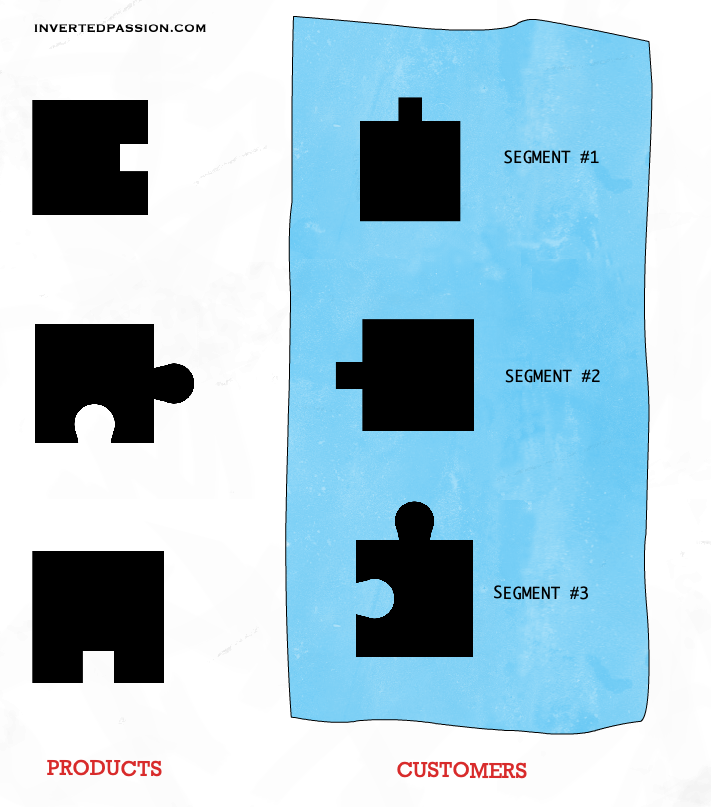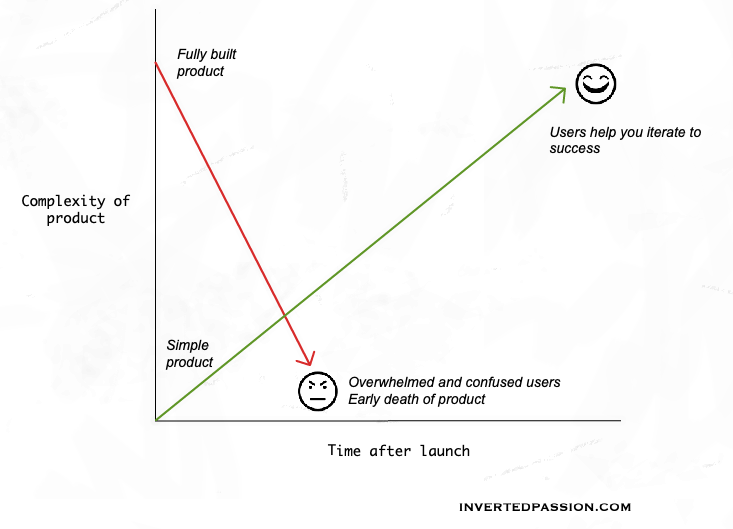
Been thinking about computationalism - that our universe is a computer and/or that we're in a simulation.
There seems to be a contradiction in the argument (below).
Can someone help answer?
There seems to be a contradiction in the argument (below).
Can someone help answer?
Since a simulation of water doesn't wet anything or simulation of a black hole doesn't create a black hole, why do we believe that a simulation of consciousness will itself be conscious?
If a simulation can't be conscious, is computationalism false?
If a simulation can't be conscious, is computationalism false?
In other words:
I get that consciousness can be a property of certain arrangement of physical systems, but what I don't get is how it can be property of certain computations (since the same computation can be implemented in many ways - microchips, pulleys, vacuum tubes, etc.)
I get that consciousness can be a property of certain arrangement of physical systems, but what I don't get is how it can be property of certain computations (since the same computation can be implemented in many ways - microchips, pulleys, vacuum tubes, etc.)
If the argument is that consciousness is what information *feels* like from the inside so it is substrate independent, the issue becomes that of interpretation.
The same code/info can be interpreted in an infinite number of ways depending on interpretation.
Seems untenable.
The same code/info can be interpreted in an infinite number of ways depending on interpretation.
Seems untenable.
• • •
Missing some Tweet in this thread? You can try to
force a refresh






